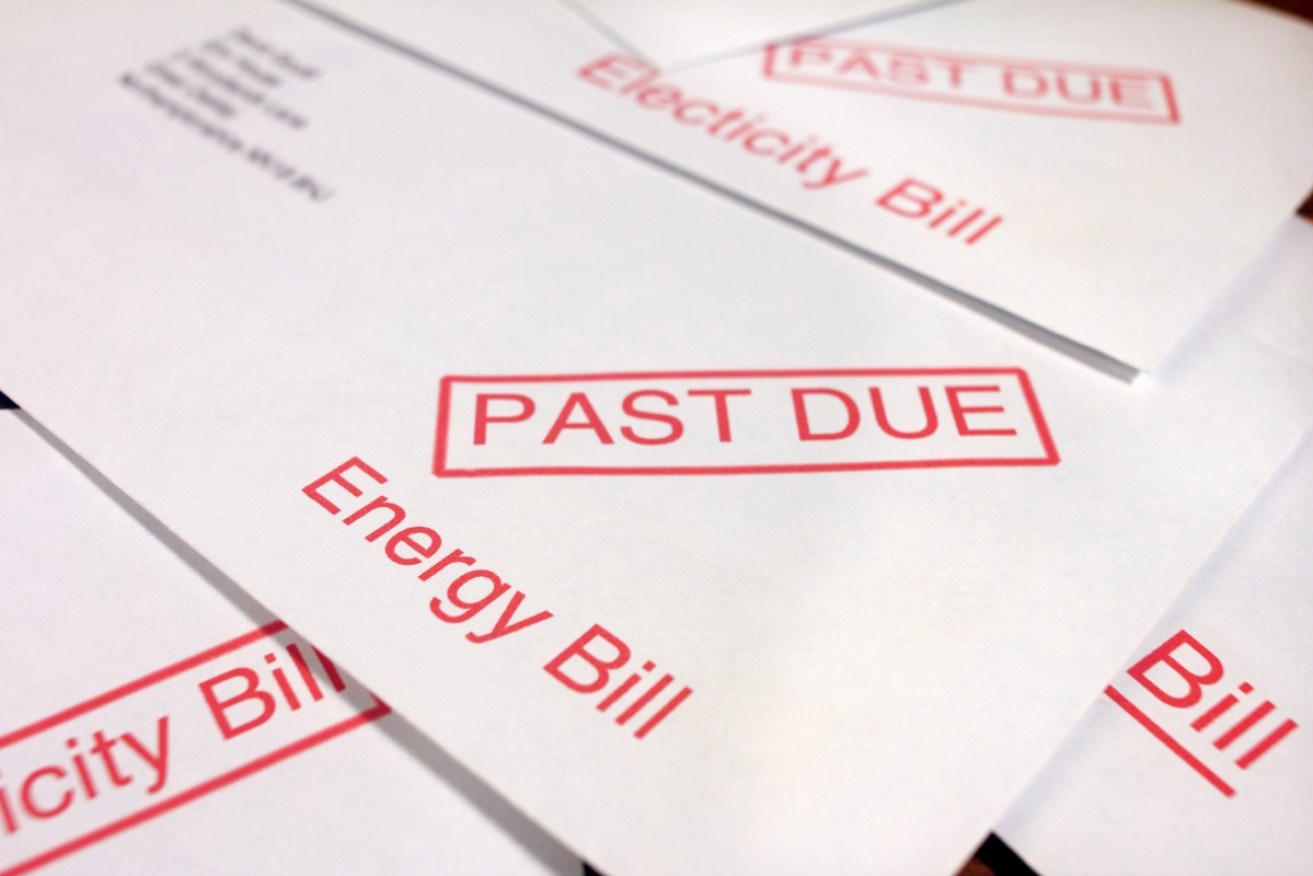ACCC calls time on sneaky rip-off tactics of energy retailers


Energy companies are unfairly penalising customers who pay their bills late. Photo: Getty
Australia’s energy retailers are ripping off loyal customers, taxing disengagement and generally failing to protect financially vulnerable consumers.
They are doing this by concocting opaque and confusing pricing structures that appear to offer generous discounts, but are in fact unreasonably heavy penalties.
Those are some of the core findings of a damning new report by competition and consumer watchdog the ACCC, released on Wednesday.
The nearly 400-page report, commissioned by the federal government, painted a grim picture of the Australian energy market, which it found was forcing Australian households and businesses to pay hundreds of dollars a year more than necessary.
It claimed households could save between $290 and $750 a year if sweeping reforms were implemented.
“The National Electricity Market is largely broken and needs to be reset. Previous approaches to policy, regulatory design and competition in this sector over at least the past decade have resulted in a serious electricity affordability problem for consumers and businesses,” ACCC chair Rod Sims said.
The report concluded that the private sector could not make the necessary changes on its own, meaning government would need to intervene to force retailers to stop ripping off certain customers.
See the table below to find out how much the ACCC’s reforms could save you.

What exactly is the problem?
The ACCC focused on two ways energy retailers rip off customers: misleading discount offers and extortionate default prices.
First, discount offers. As you will probably have noticed, most energy retailers advertise two prices when they send your energy bill: the full price, and the discounted price if you pay before a certain date.
The ‘discounted’ price is generally substantially lower.
Say your electricity bill comes in at an ‘underlying rate’ of $400, but if you pay before a certain date it drops to the discount rate of $300.
The ACCC’s issue is that the $400 ‘underlying rate’ is completely arbitrary. The energy retailer is free to set it at whatever level it likes. So while it may look like a hefty discount, in reality the underlying base rate might actually just be unreasonably high.
This can damage the consumer in two ways: first, customers who for whatever reason can’t pay their bills on time must pay much, much more. They are essentially subsidising the discounted rates of prompter, probably wealthier customers.
And second, because the underlying rate is completely arbitrary, it makes it very difficult for consumers to shop around and judge which company is offering the best deals.
The ACCC has a simple solution. Instead of letting retailers set their own underlying rates, the Australian Energy Regulator should be empowered to set it.
This would mean every energy retailers’ advertised discount would be against a common benchmark, making them much easier to compare.
The new ‘default’ rate
This new default rate would be important for another, more complicated, reason.
Currently there is something called a ‘standing offer’ rate. This is a rate that energy retailers must, by law, offer customers who do not choose their own rate.
Say you have a contract with Origin or AGL or whoever. Say it runs out and you don’t renew it. Origin or AGL or whoever will default you onto its standing offer rate.
The standing offer rate is invariably the highest rate on the market, and much higher than the ‘market offer’ or discount rate.
There are certain consumer protections associated with the standing offer, but price is not one of them. Companies can set it as high as they like, and they do.
Take retailer Powershop. Its market offer rate for single use is 24 cents per kilowatt hour. Its standing offer rate, meanwhile, is 39 cents per kilowatt hour – or more than 60 per cent higher.
Under the ACCC’s plan, the new government-set default rate would replace the retailer-set standing offer rate.
While the new government-set default rate would still be higher than the market rate, it wouldn’t be anything like that much higher, saving disengaged and loyal customers up to $750 a year.
This solution was welcomed by consumer advocate CHOICE, which has long been campaigning for these sorts of changes.
“The current standing offers are clearly failing people, with many of them priced well above other offers on the market,” said Erin Turner, director of campaigns and communications at CHOICE.
“You shouldn’t need a PhD to sort through and find the cheapest energy offer. The ACCC recommendation would introduce a real safety net that could mean people save up to $750 per annum on their energy bills.”
The ACCC also made a damning assessment of comparison sites, which it said were lifting the cost of energy without necessarily helping consumers find the right deal.
Treasurer Scott Morrison and Energy Minister Josh Frydenberg said they would give the recommendations “thorough consideration” and make a decision on implementation by the end of the year.








